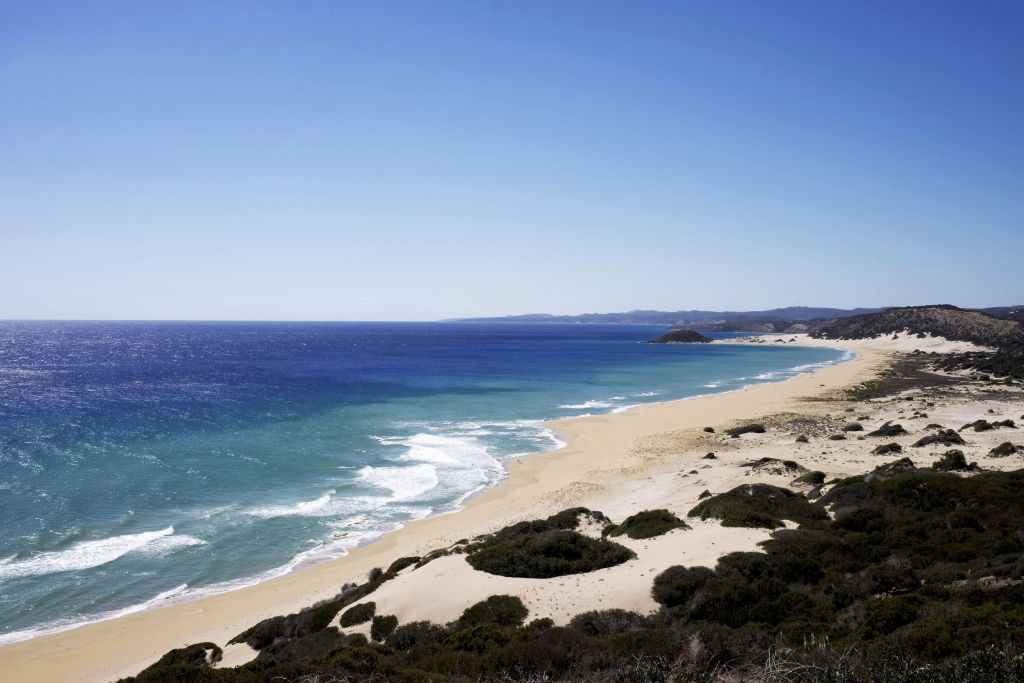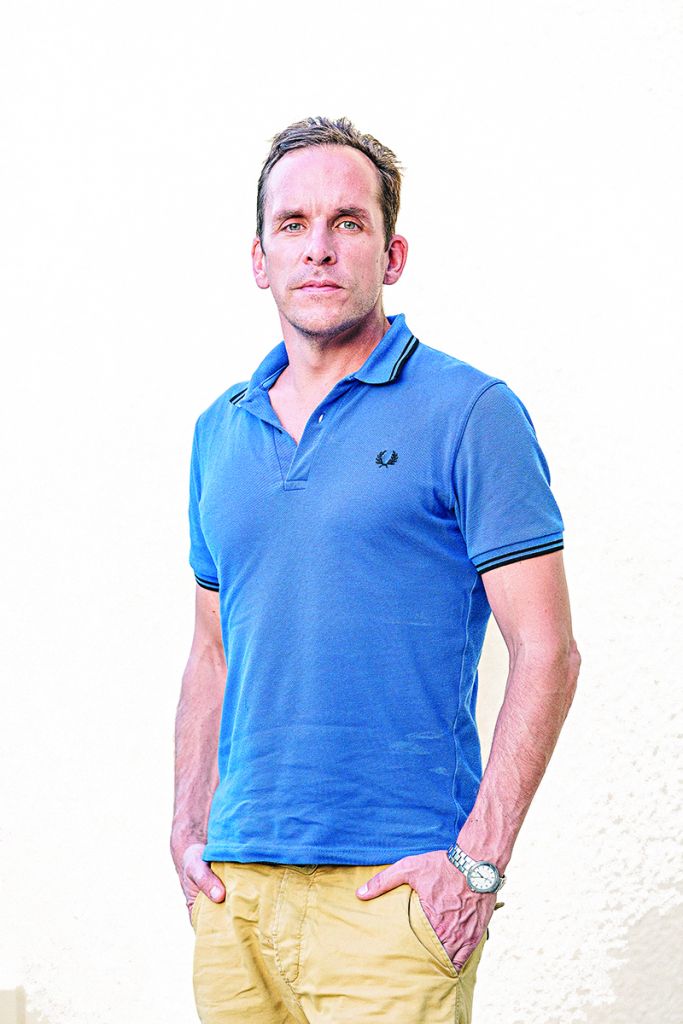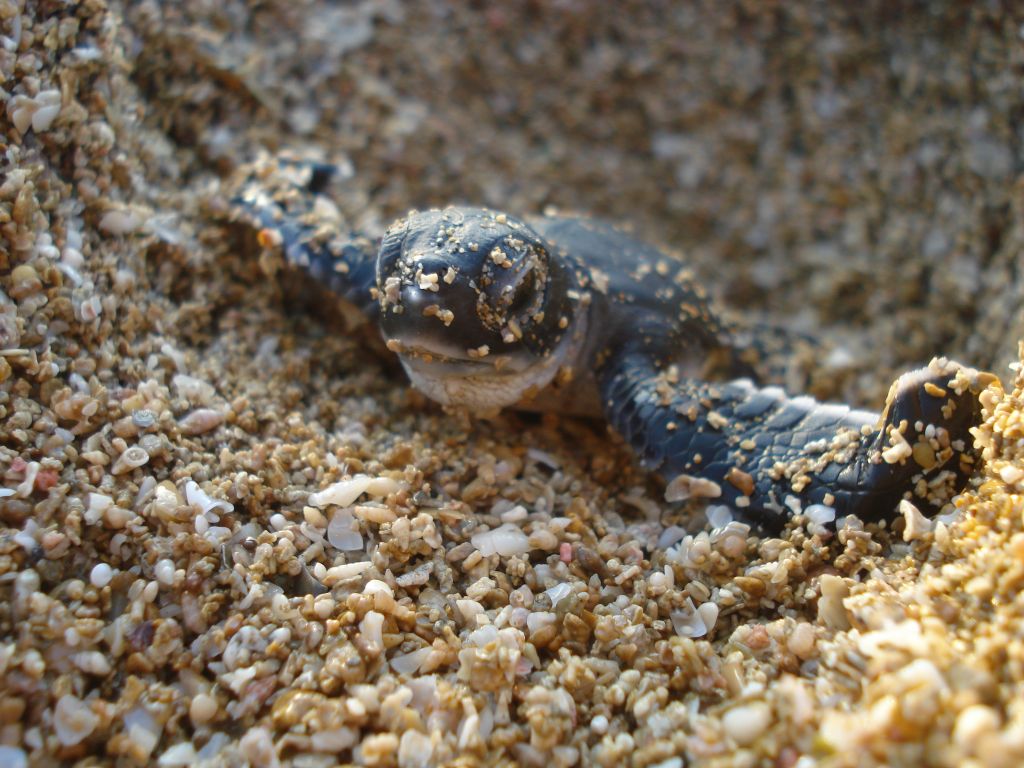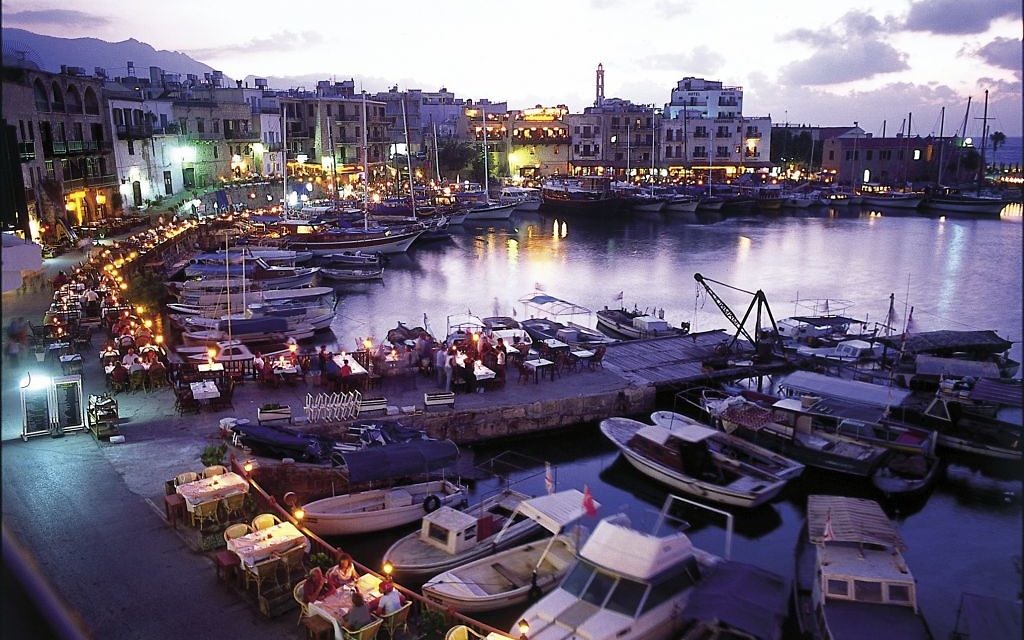When time stood still in Northern Cyprus
Simon Busch visited Varosha in northern Cyprus which, thanks ironically to the contentious Turkish invasion, has retained its charm
Imagine Brighton as a spoil of war and you get some idea of Varosha, in northern Cyprus, today. Serdar Atai, vice-president of a local heritage association, visited here once while doing his Turkish military service. “Looters had taken everything,” he remembers, except for books. “Their pages were scattered everywhere.”
Captured by the Turks when they invaded Cyprus in 1974 and its population evacuated, this once overwhelmingly Greek seaside resort had been famed for its jubilant orange festival and a beach claimed as the jewel of the eastern Mediterranean.
Now Varosha is a ghost town that exerts a sad, but undeniable fascination. The vista of bleached and crumbling sea view high rises you glimpse through the few vantage points not blocked by the military has a distinct, end-of-civilisation feel about it; this, you feel, is how it all could end.
Get The Jewish News Daily Edition by email and never miss our top stories Free Sign Up
But here’s an irony of the Cyprus conflict. War has not only stopped the suturing of territorial wounds such as Varosha. It’s also preserved parts of the island as a time capsule to an unsullied mid-century Med – that thing tourism was supposed to have ruined.
Give it as many capital letters as you like, but no country other than Turkey recognises that post-conflict entity, the Turkish Republic of Northern Cyprus. And, thanks to that isolation, rivers of investment concrete haven’t drowned the north in what one Cyprus memoirist called the “cheap prosperity” of the south.
Talks earlier this year to reunify the island – perhaps the most hopeful ever – could, then, lead to another irony: the vanishing of one of Europe’s wildest shores.

A nostalgic tourist might lament that outcome but other, more pragmatic, players see the negotiations differently. The island has become the focus of intense Israeli interest because of its position along the route of a proposed undersea pipeline from the Jewish state’s suitably named Leviathan gas fields to Turkey and onwards to the EU.
Running through its economic waters, the pipe might need Greek Cyprus’ go-ahead – which would clearly be more likely if the two sides of the island finally buried the hatchet.
Already Israeli entrepreneurs are behind new enterprises in the Turkish north, and Israeli accents are common in the garish casinos that account for much economic activity in the isolated region.

In the summer, throughout the island, a year-round population of about 400 Jewish families swells with Israeli holidaymakers seeking Mediterranean shores with a slightly different flavour. And Cyprus got its first synagogue, in modern times, in the southern city of Larnaca in 2005 (until then, Cyprus had been the only nation in the EU without one).
Today’s Jews are following a well-trodden path to the island, flourishing here as they did under Roman rule, emigrating en masse after the expulsion of Sephardim from late 15th century Spain, seeking refuge in their hundreds from Nazism and, less happily, being locked up by the British after the war for trying to enter Palestine.
Jewish travellers to the island today are not arriving on virgin cultural shores. But if you are seeking somewhere off the beaten track, head to the north. Keep rolling up the island from the UN Green Line, above which frozen-in-time Varosha sits and you soon say goodbye to those town-fringe casinos and ‘nightclubs’ staffed by Eastern European women locals call ‘Natashas’.
The blockish holiday hotels dwindle, as do the eerie skeletons of abandoned timeshare constructions, giving way to coastal dunes dotted with trees stunted and twisted by the wind and, finally, the Cyprus ‘Panhandle’ or Karpas Peninsula, the island’s northern extremity – a land of emerald seas and feral donkeys.

The escapee donkeys block the roads, using apparent cuteness and simple immovability to extort bread or whatever’s going – really – from traveller pilgrims to the stately monastery near the headland. With the blinding sun overhead, a silhouetted beast in front of you and a vague air of menace, the visitor feels easily transported to a Sergio Leone spaghetti western, minus only a jangling score from Ennio Morricone.
Head eastwards from the monastery along the cape and you come across another possible sign of God, Golden Sands Beach. Exiled from the coastal development further south, loggerhead turtles still come ashore to lay their eggs on this long, lonely stretch of silk-soft powder fading into an aqueous palette of gorgeous blue hues.
Beyond, past ramshackle villages and a Christian Maronite church, lies an opposite extremity to the Panhandle of this long-disputed region where Jews have long made their presence felt. There are no wild donkeys visible on Cape Kormakitis, but rather a few lonely old stone dwellings and a spindly, rusted metal lighthouse on whose base someone has graffitied in fading vintage script: “The End”.
Where to stay
Simon stayed at Boutique Bellapais Gardens Hotel (bellapaisgardens.com), which offers upscale bungalows in the tranquil village of Bellapais, near Kyrenia, from £134 a night. Travel One (travelone.co.uk), a specialist in singles’ holidays, offers house party style seven-night breaks from £599 at the Lapida Hotel in Lapta (lapidahotel.com; rooms from £16 per person).

Thank you for helping to make Jewish News the leading source of news and opinion for the UK Jewish community. Today we're asking for your invaluable help to continue putting our community first in everything we do.
For as little as £5 a month you can help sustain the vital work we do in celebrating and standing up for Jewish life in Britain.
Jewish News holds our community together and keeps us connected. Like a synagogue, it’s where people turn to feel part of something bigger. It also proudly shows the rest of Britain the vibrancy and rich culture of modern Jewish life.
You can make a quick and easy one-off or monthly contribution of £5, £10, £20 or any other sum you’re comfortable with.
100% of your donation will help us continue celebrating our community, in all its dynamic diversity...
Engaging
Being a community platform means so much more than producing a newspaper and website. One of our proudest roles is media partnering with our invaluable charities to amplify the outstanding work they do to help us all.
Celebrating
There’s no shortage of oys in the world but Jewish News takes every opportunity to celebrate the joys too, through projects like Night of Heroes, 40 Under 40 and other compelling countdowns that make the community kvell with pride.
Pioneering
In the first collaboration between media outlets from different faiths, Jewish News worked with British Muslim TV and Church Times to produce a list of young activists leading the way on interfaith understanding.
Campaigning
Royal Mail issued a stamp honouring Holocaust hero Sir Nicholas Winton after a Jewish News campaign attracted more than 100,000 backers. Jewish Newsalso produces special editions of the paper highlighting pressing issues including mental health and Holocaust remembrance.
Easy access
In an age when news is readily accessible, Jewish News provides high-quality content free online and offline, removing any financial barriers to connecting people.
Voice of our community to wider society
The Jewish News team regularly appears on TV, radio and on the pages of the national press to comment on stories about the Jewish community. Easy access to the paper on the streets of London also means Jewish News provides an invaluable window into the community for the country at large.
We hope you agree all this is worth preserving.
-
By Brigit Grant
-
By Laurent Vaughan - Senior Associate (Bishop & Sewell Solicitors)
-
By Laurent Vaughan - Senior Associate (Bishop & Sewell Solicitors)
-
By Laurent Vaughan - Senior Associate (Bishop & Sewell Solicitors)
-
By Laurent Vaughan - Senior Associate (Bishop & Sewell Solicitors)






















